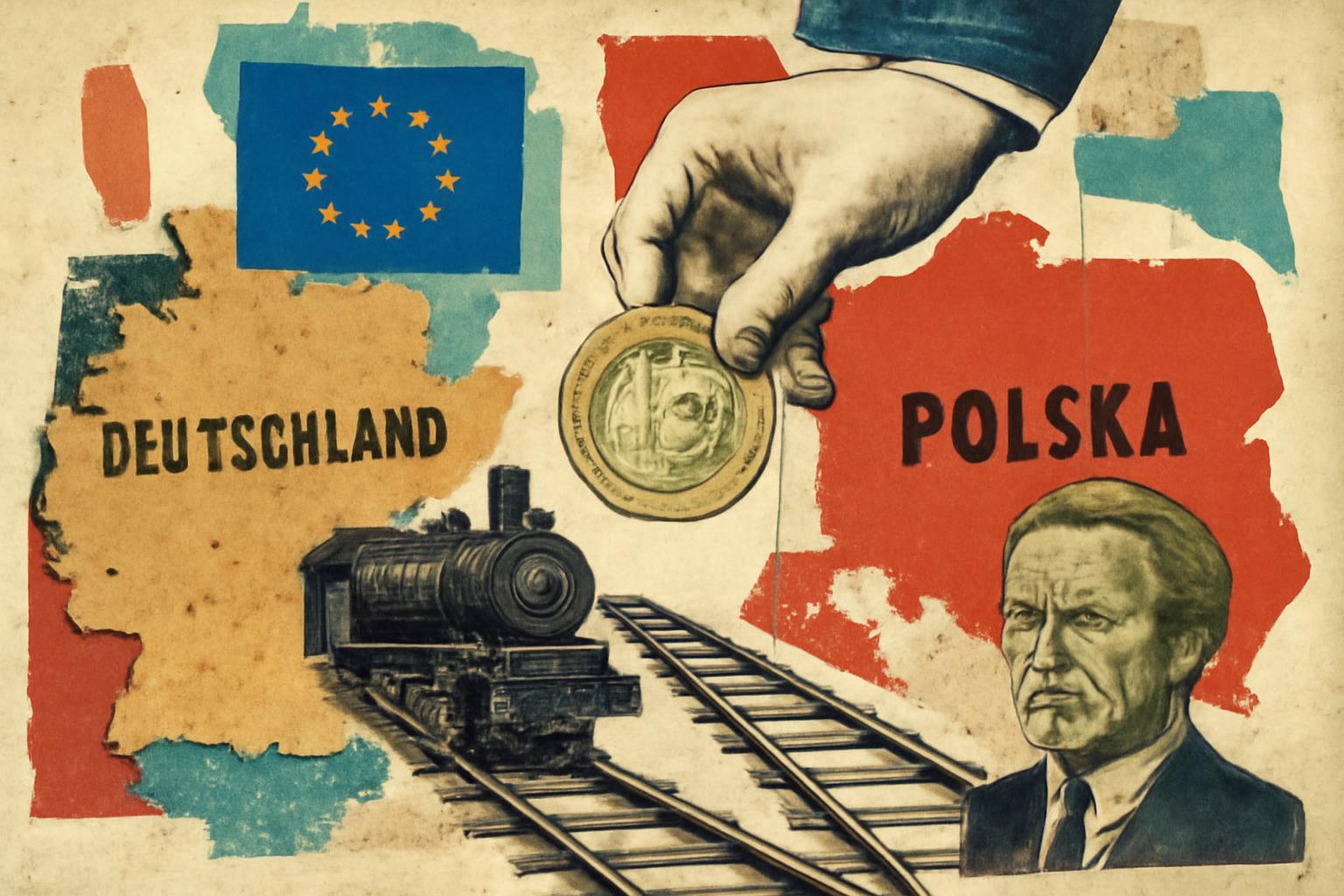A big push to link Germany and Poland more tightly through rail, with direct connections rising from 11 to 17, more night services, and new Leipzig–Wroclaw–Krakow and Berlin–Warsaw routes. Night trains reach Przemyśl near Ukraine and Chełm via Łódź and Warsaw; extra cars on the Munich–Warsaw night service; more cross-border runs in the works, including a potential Germany–UK service with a border-check task force; Italy joining in December 2026 with direct Munich–Milan and Munich–Rome high-speed links and Frecciarossa trains in Germany. Separately, the EU Commission wants the freight subsidiary to become profitable by 2026. And a report notes Poles are returning from Germany to Poland for the first time in 30 years, signaling shifts in opportunity and mobility.
Markets, not central planning, build real connectivity. Hayek reminds us that dispersed knowledge, price signals, and competition outperform any grand railway plan cooked up in a ministry or at the EU table. The ongoing expansion should be judged not by bureaucratic ambitiousness but by whether it increases voluntary exchanges, lowers transaction costs, and creates real value for travelers and shippers. A system that relies on subsidies, state monopolies, and command profitability, as the EU freight mandate does, distorts incentives and invites misallocation. The wiser path is to unleash private capital, competition, and flexible contracts that respond to consumer demand, not to politically convenient “targets.”
Nozick would insist that the legitimate role of any authority is to protect rights, not run enterprises. A plan to impose profitability on a freight subsidiary or to micromanage cross-border routes through Brussels is coercive unless it is grounded in explicit protection of property rights and voluntary exchange. If rail infrastructure and services are treated as private property or as freely contracted networks, the market can allocate resources through voluntary agreements, bankruptcy, and renegotiation. Coercive subsidies and top-down mandates crowd out initiative and stifle the very spontaneity that makes cross-border commerce flourish.
Rand would push further: every participant should act in rational self-interest within a framework of individual rights and voluntary cooperation. The expansion, if propelled by private investment and mutually beneficial contracts, is a vindication of the capitalist ethic: people pursuing their own ends create the most extensive and innovative networks. Government-directed profitability targets, or a task force to smooth border checks, amount to coercive interference with voluntary choices and business risk. Let travelers choose among competing carriers, let firms innovate, let routes be built or abandoned on the basis of demand, not political fiat.
The cross-border momentum also reflects the long-run mobility signal hidden in the Poles returning home. If the market were freer of coercive barriers and subsidies, workers and capital would flow toward higher-valued uses wherever that is—Germany, Poland, or beyond. State interventions in labor markets and international transport distort those signals, delaying the adjustments that advance living standards. Mobility does not belong to the state; it belongs to individuals who bear the costs and reap the benefits of their choices.
In short, the trend validates the libertarian thesis: societies prosper when markets coordinate knowledge via price and contract, not when governments pretend to chart every connection. Push privatization, privatized or competitively franchised rail operations, deregulate cross-border entry, scrap artificial profitability mandates for freight, and minimize border friction in a competitive framework of private security and private rights-enforcement. If the aim is real efficiency, liberty—not Brussels’ fiat—should guide the rails.
